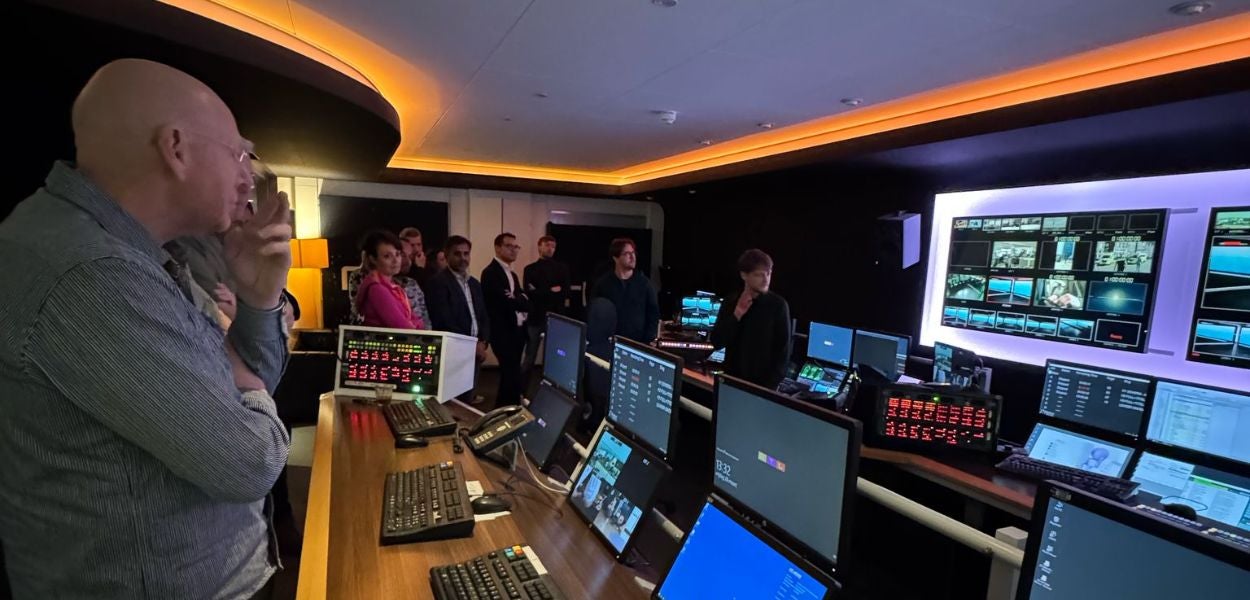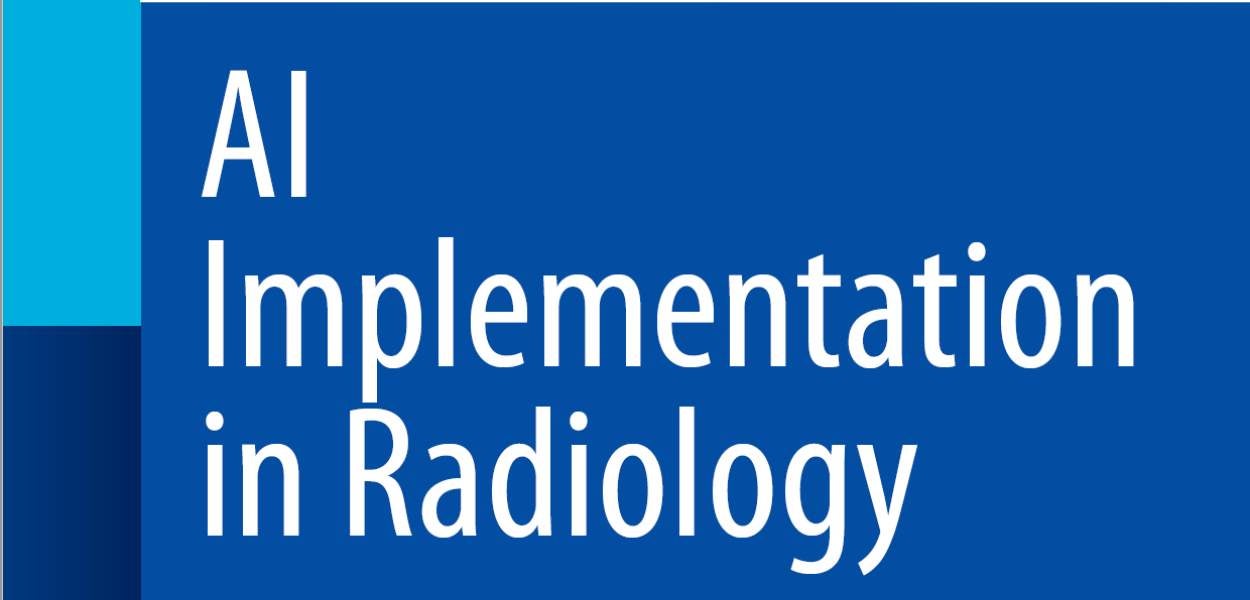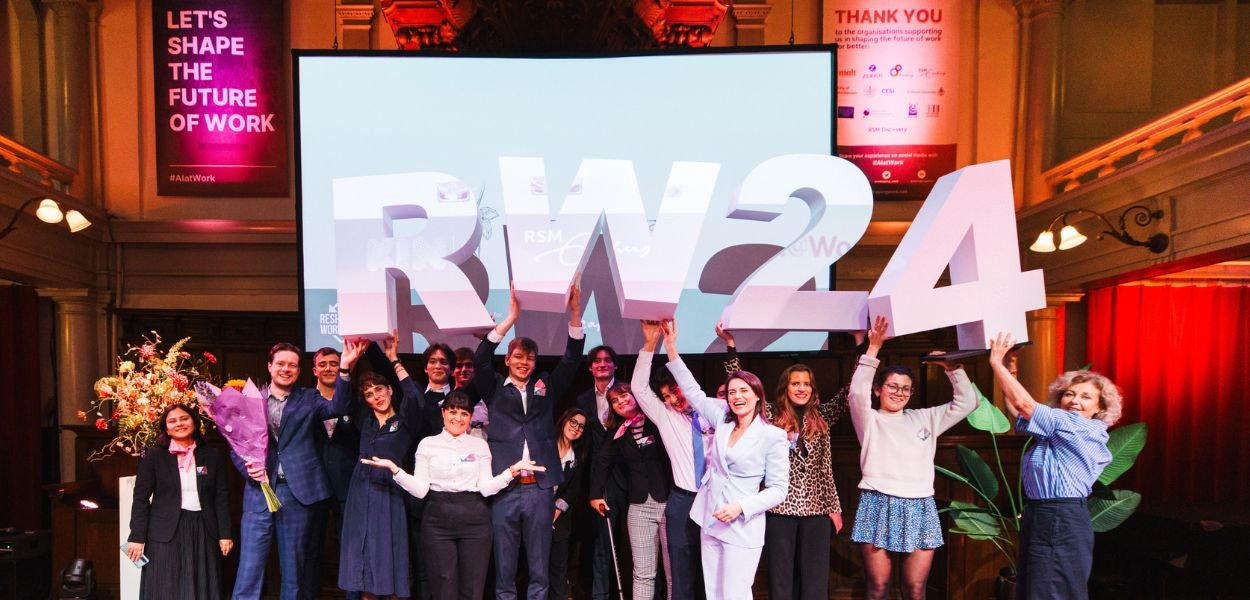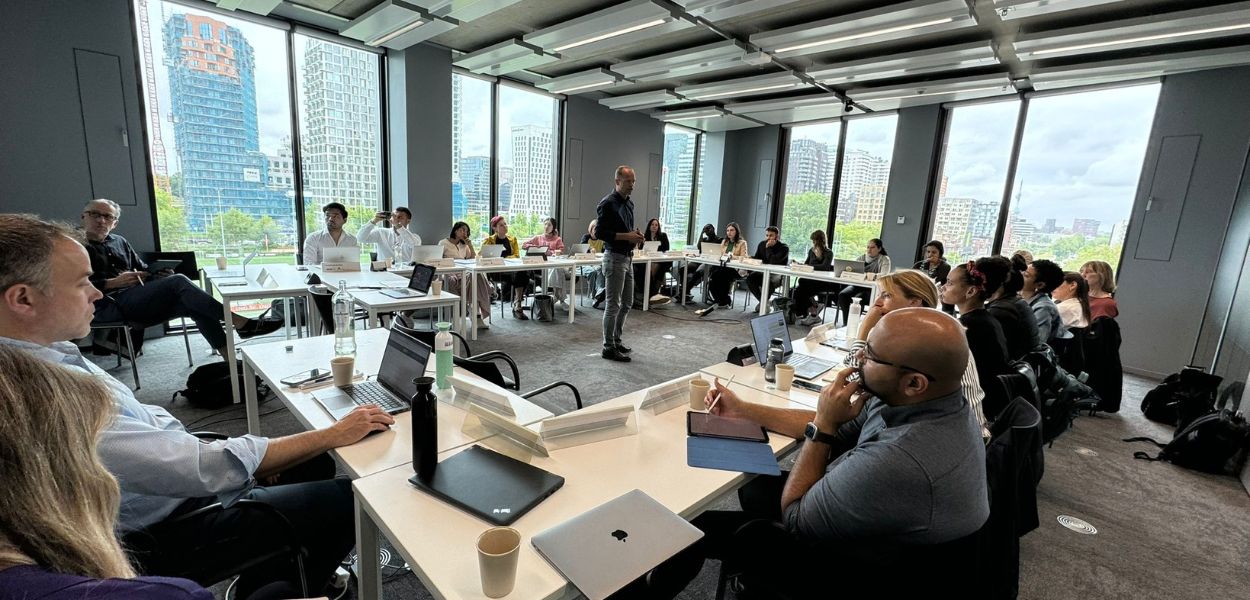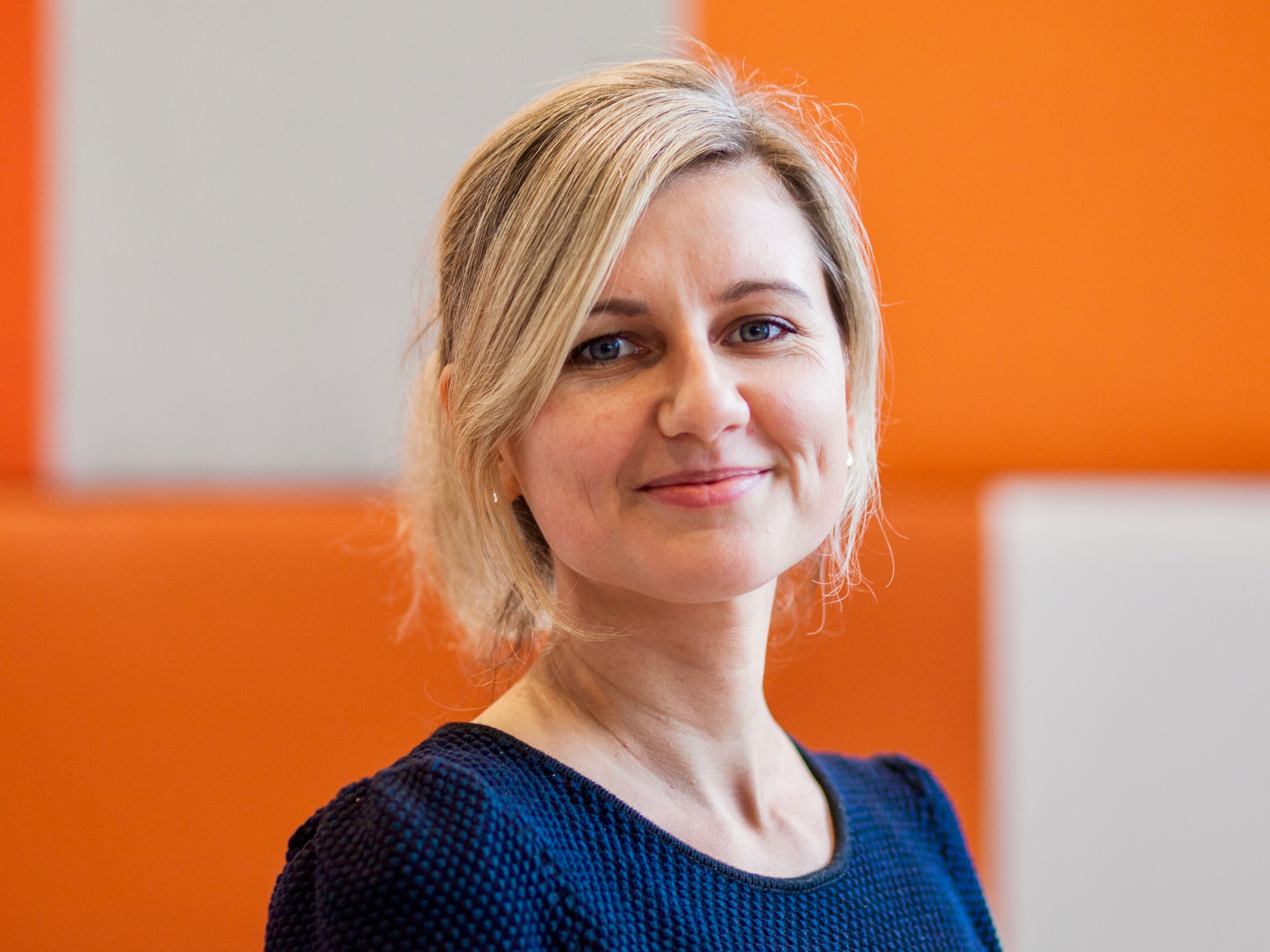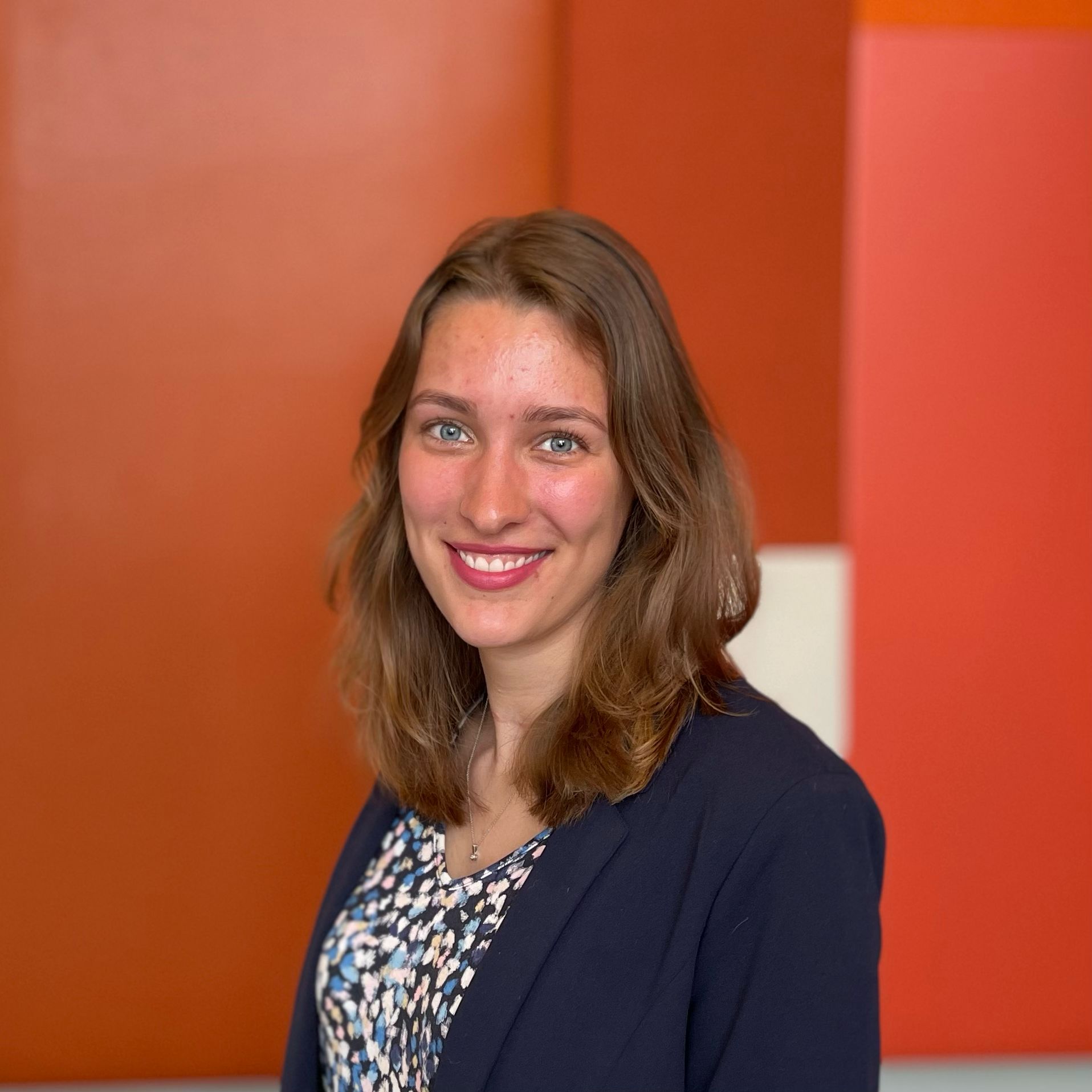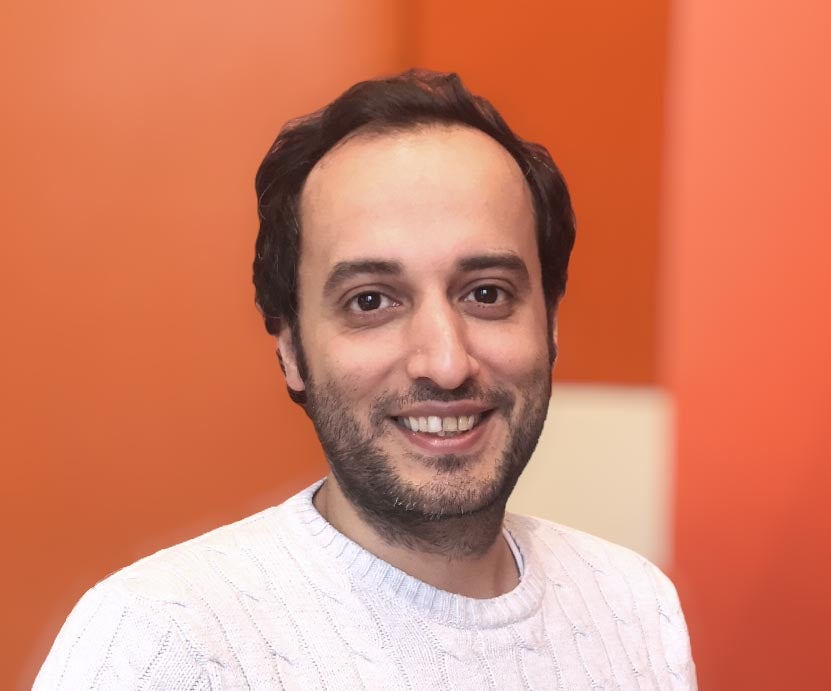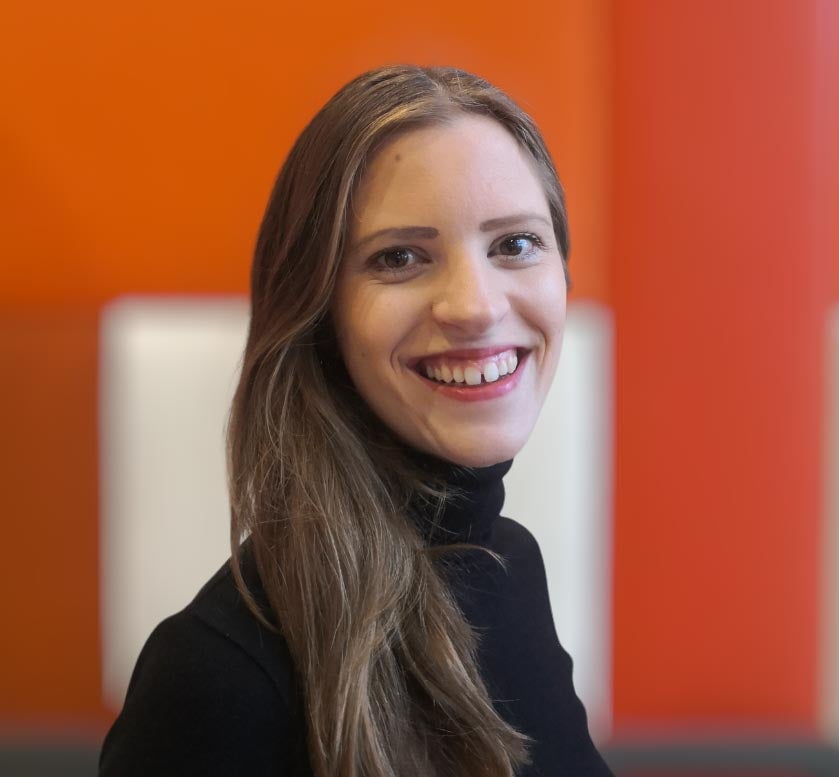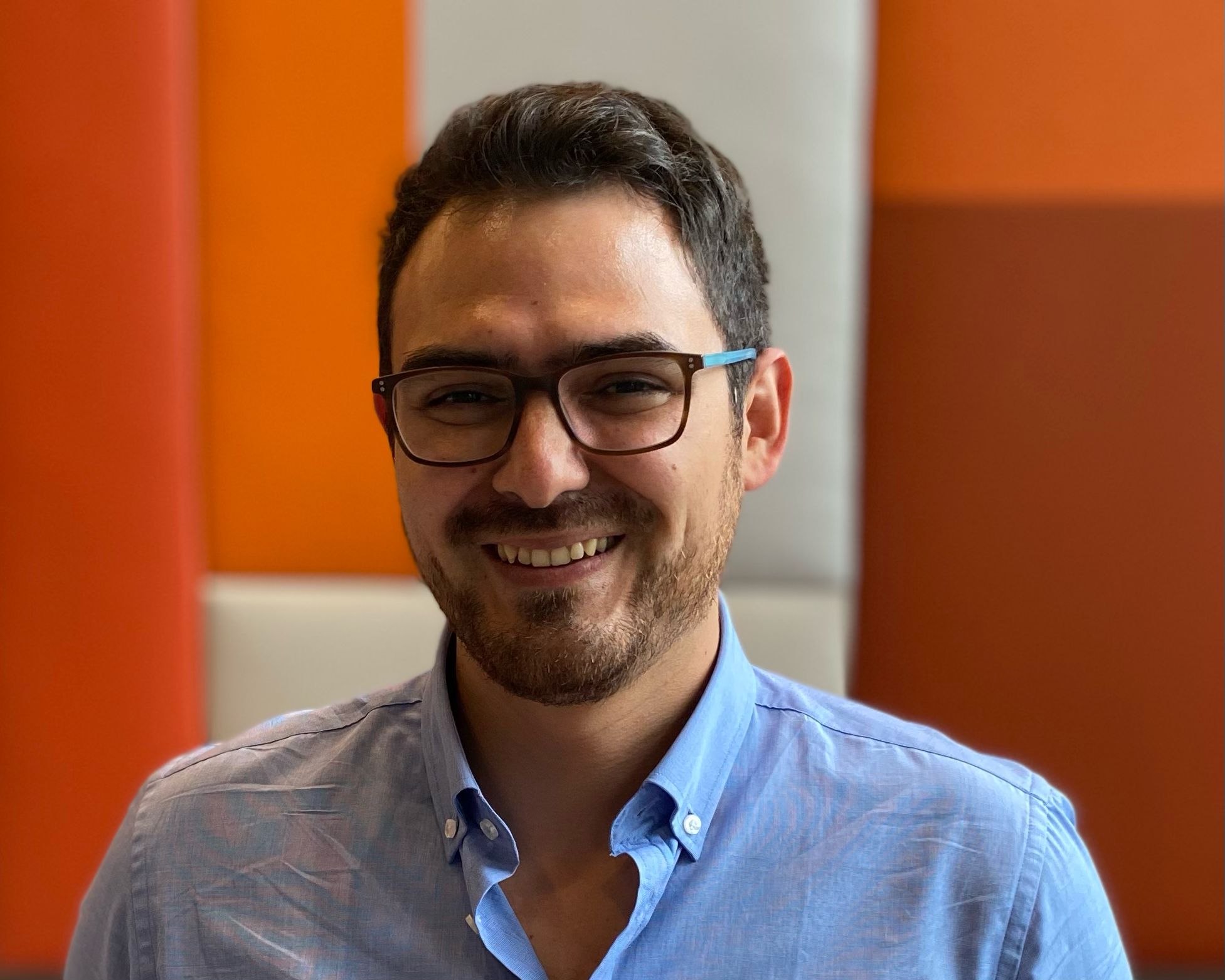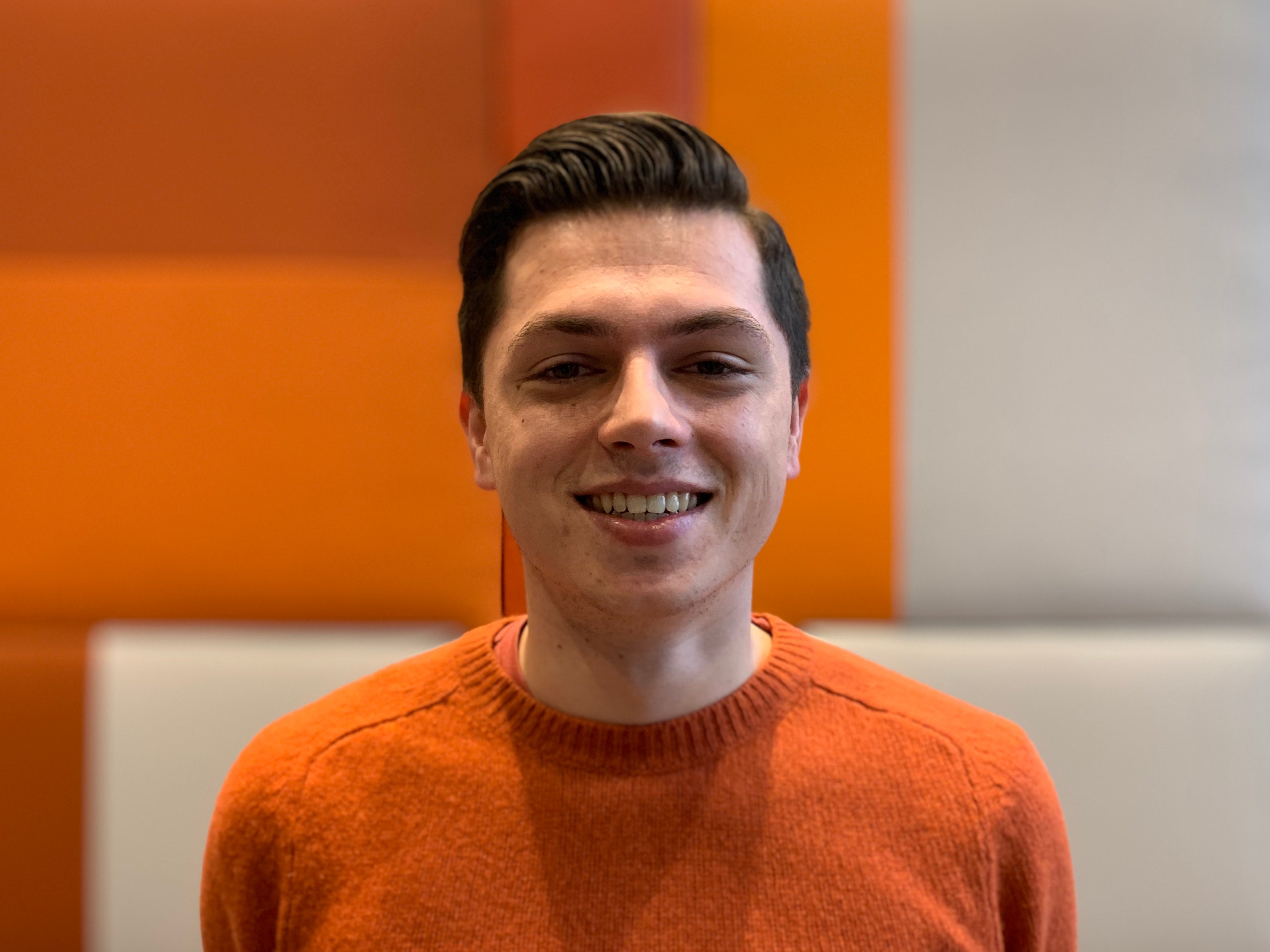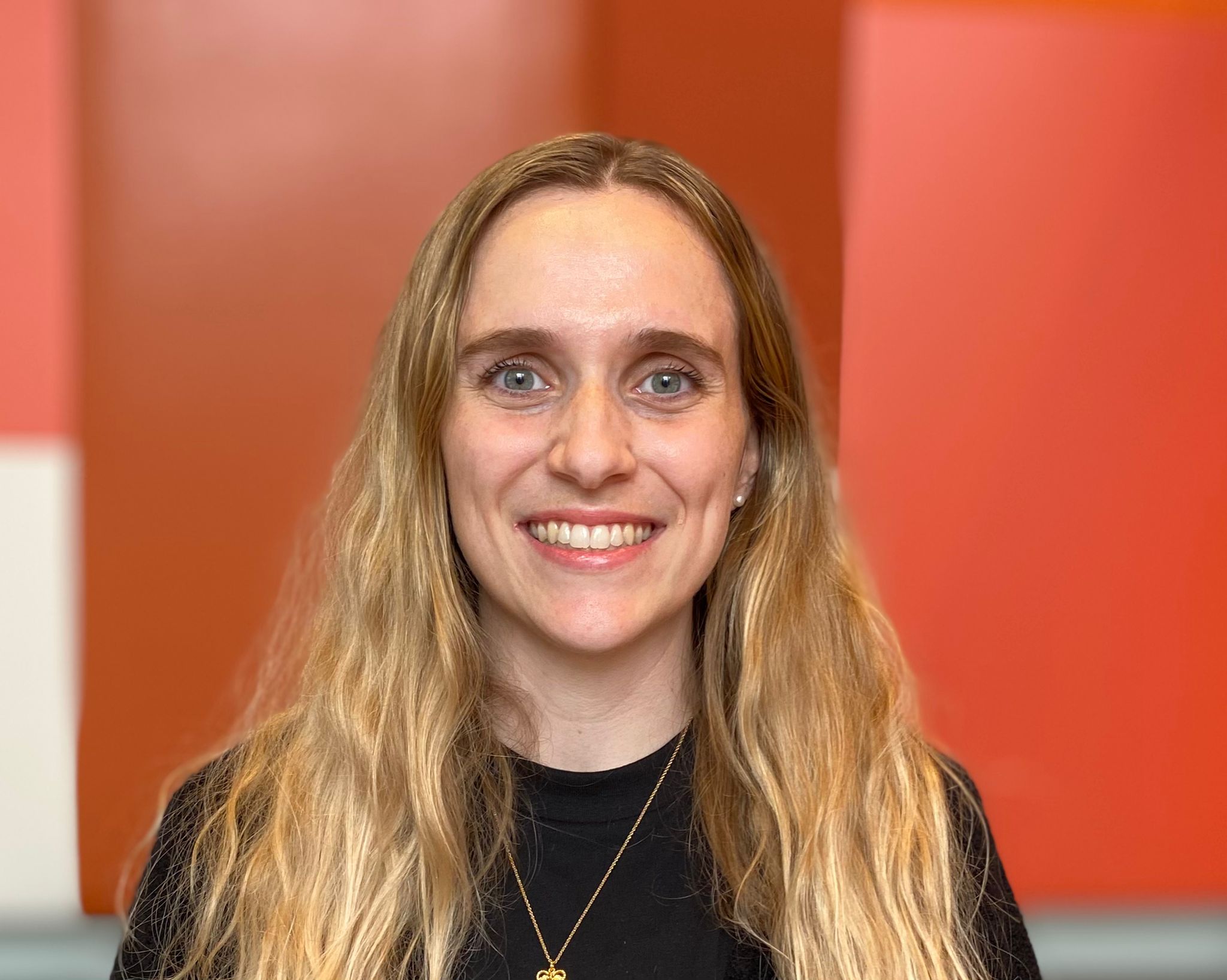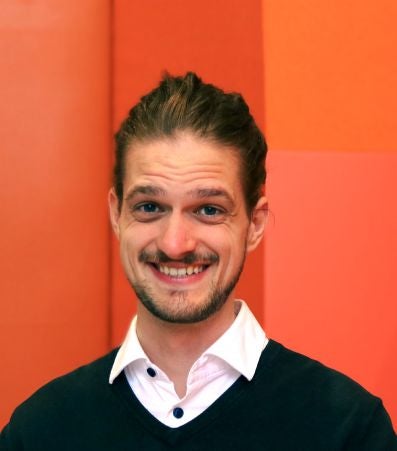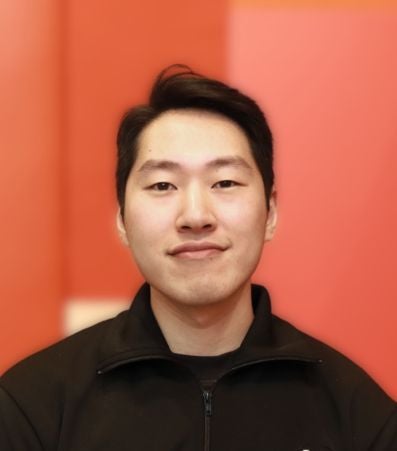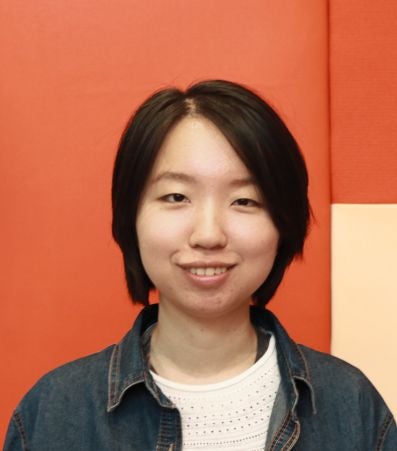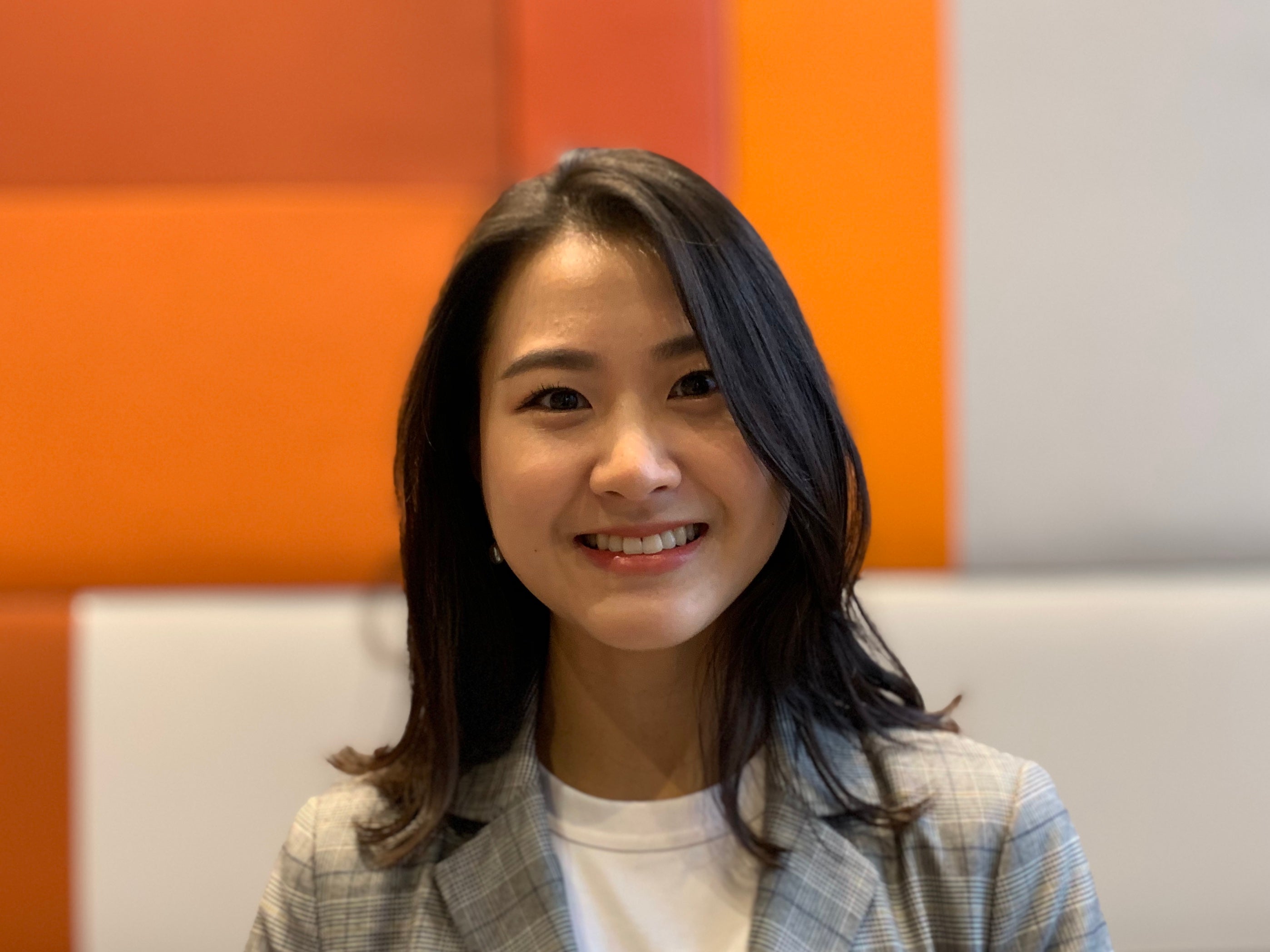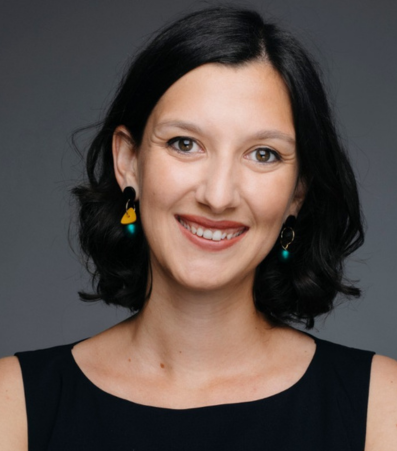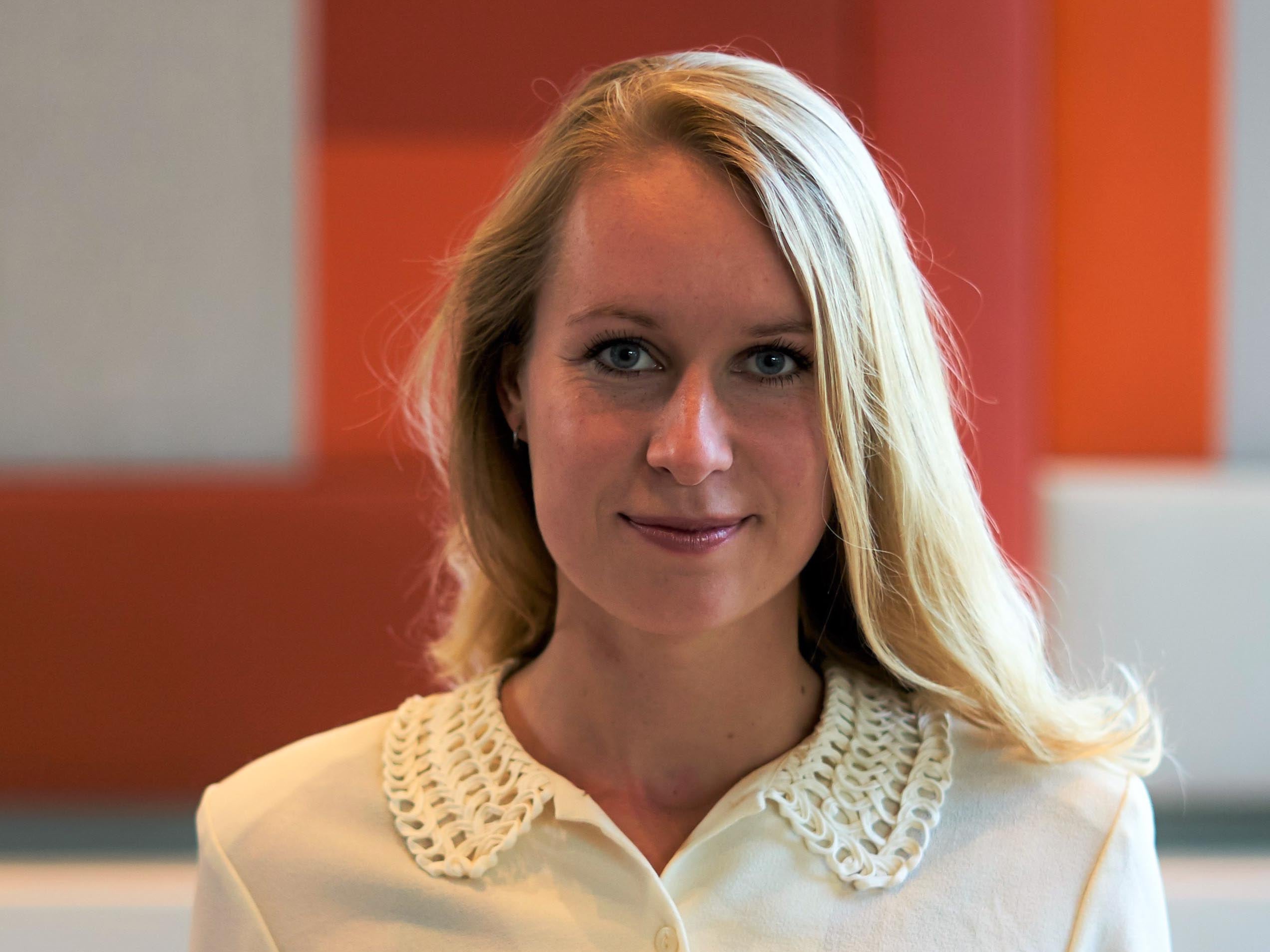The AI@Work group is a community of researchers, part of the KIN Center for Digital Innovation, who study these consequences. They use an ethnographic research approach: embedded into an organization, researchers study the impact of a newly introduced technology for many months and sometimes years as "digital anthropologists". Their research spans diverse organizational contexts, from radiologists utilizing AI for diagnostics to top sport coaches analyzing biometric data from athletes' wearables, and human resource managers employing algorithms to hire the right candidates. Headed by Marleen Huysman, the group interacts intensely with the practice world beyond academia, advising stakeholders from government to multinational companies. Thanks to the work of AI@Work, a generation of “reflective digital practitioners” is emerging: managers who can see through hype and make their own independent decisions, users who can collaborate with designers to help build sociotechnical systems, and designers who understand the social context for which they design technological tools.
AI@Work Research Group
AI@Work
Research approach: embedded ethnographic research
At AI@Work we study the process of designing, implementing and using AI tools in the workplace by means of ethnographic research, which has proven an effective way to study technology in action and do justice to how it entwines with organizing. Ethnographic research is exceptionally well-suited for studying emerging intelligent technologies. The inductive and exploratory characteristic of ethnographic research makes it suitable to study phenomena in the making and settings that are emergent and not yet stable nor coherent. In fact, ethnographers are advised to enter the field with as few assumptions as possible and develop insights that are grounded in empirical observations. Also, ethnography often entails longitudinal field research which is fitting for studying processes and relations.
Educational opportunities for researchers
The bridge between researchers and practitioners
The Reshaping Work Conference, co-organized with the Rotterdam School of Management (Erasmus University), serves as a bridge between researchers and practitioners. Every two years we bring together scholars, business leaders, policymakers, trade unionists, and other relevant stakeholders enthusiastic about shaping the future of work with AI and digital technologies.
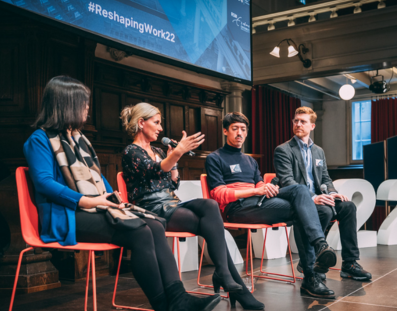
News
Latest Research Insights
AI@Work Research Group
The AI@Work research group transcends the boundaries between technology and organizational practice. It comprises engineers trained in the sociology of work and social scientists with hands-on training in AI techniques.
Tamara Thuis
PhD Candidate at Rotterdam School of Management (RSM) Erasmus University Rotterda

Are you looking for a way to broaden your (organization's) perspective on digital innovation?
Please contact us
